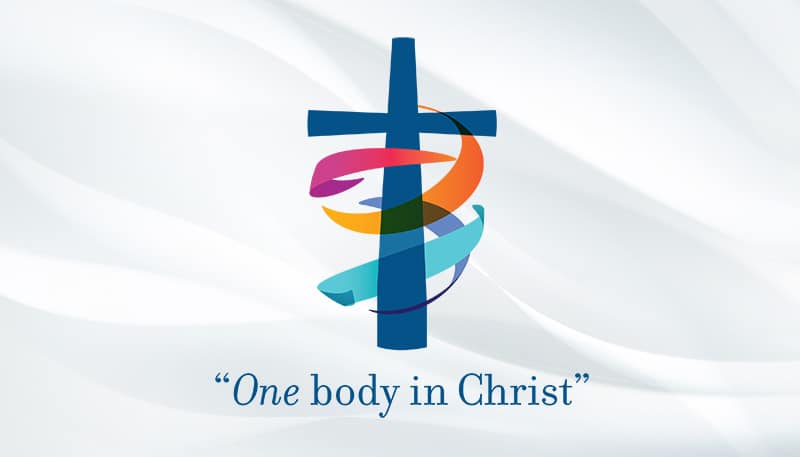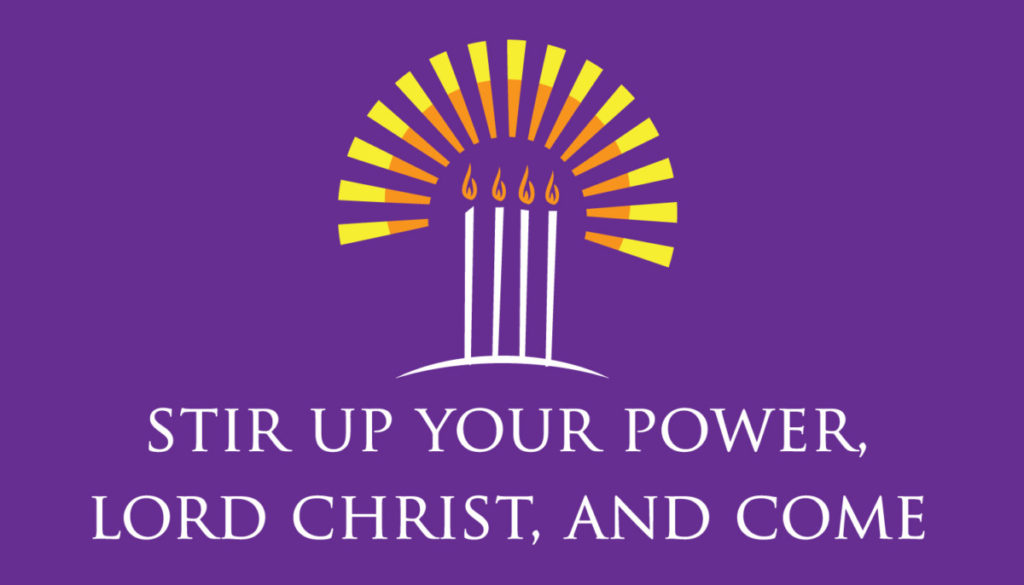
Four years ago this week, our world shut down and life changed overnight. One of the public service announcements every night on WCCO TV said: “When all of this is over, and it will be, don’t forget about the things you’ve noticed.”
What did you notice? What do you remember? Many of us remember remote learning and work, cloth masks, wiping down groceries, leading worship in a room with no one. We remember the suffering, death, the sacrifice of medical staff and teachers, the resilience and perseverance of pastors and worship leaders. For so many months, I remember we were in this together. United in a fight against suffering and death for the sake of health and life. Alone, but together. For a while, around the entire world, we were actually one. For a while, it almost seemed we living out the encouragement:
“All of you must be of one mind. Be sympathetic, loving, compassionate, humble. Never return evil for evil, or insult for insult, but give a blessing instead.” – 1 Peter 3:8-9.
Oneness in the church. It seems like it should be easy, right? After all, it is what Jesus prayed for us, “I do not ask for these only, but also for those who will believe in me through their word, that they may all be one, just as you, Father, are in me, and I in you, that they also maybe in us, so that the world may believe that you have sent me.” - John 17:20-21.
Jesus is not saying here that everyone ought to agree with one another, nor that that is even possible. He is not saying that unity means uniformity. He is pointing to a oneness known in the Holy Trinity – something far bigger than whether or not we “agree” with each other on issues of the day.
How does that oneness come to us? It begins in Holy Baptism as we are joined to the communion, the persons, of the Father, Son, and Holy Spirit. Not only this, but in Holy Baptism, the triune God also brings us into community with the whole people of God, as our liturgy states: “We are united with all the baptized in the one body of Christ, anointed with the gift of the Holy Spirit, and joined in God’s mission for the life of the world.” (ELW, p. 227).
The earliest Christians could not imagine themselves in isolation from others. They were part of a household of faith, in relationship with others in a particular place. It was impossible for a Christian to be the church alone. But this sounds very different from the individualism of our culture and messages we hear today.
The oneness of the church as “communion” or “community” is present in the Lutheran Confessions, which describe the one holy Church as the congregation or assembly of saints in which the gospel is rightly taught and the sacraments rightly administered. (Augsburg Confession). We also believe God’s good and gracious work is done through the spoken word and the sacraments, the power of forgiveness, and also through the mutual conversation and consolation of others in the church. (The Smalcald Articles).
To be the church involves being in relationship with others because Christ has made it so. Dietrich Bonhoeffer put it like this:
Because the Word includes us into itself, it makes us members of the body of Christ. As such we share in the responsibility of upholding one another. Thus the word of Christ also presupposes Christian brotherhood. The Word intends that no one should remain alone, for in him no one remains alone. The Word makes individuals part of one body. 1
But what is the purpose of this oneness? Why did Jesus pray for it? In his prayer, the purpose for our oneness is so that the world might believe. Over the centuries, and certainly today, we Christians are known by some for our divisions. We can be pretty good at cutting ourselves off from each other for a whole variety of reasons. The prayer of Jesus reminds us how the world will only believe a witness that comes from the life of the beloved community together. One.
As you think about what it means to be one in Christ, consider:
- When has your congregation known the greatest spirit of unity or oneness?
- When has this been difficult over the years?
- How do you live out your oneness today?
“O God, form the minds of your faithful people into one will. Make us love what you command and desire what you promise, that, amid all the changes of this world, our hearts may be fixed where true joy is found, your Son, Jesus Christ our Lord, who lives and reigns with you and the Holy Spirit, one God, now and forever. Amen.” (ELW, p. 35)
+ grace and peace,
Bishop Dee Pederson
2024 Synod Assembly Theme Series - Reflection #1
2024 Synod Assembly Theme Series - Reflection #2
Please feel free to share, print and use Bishop Dee’s reflections however it fits best in your congregation’s communications. Congregations can also use this for a devotion for any group, committee or council gathering. Her next reflection will be posted March21st.


